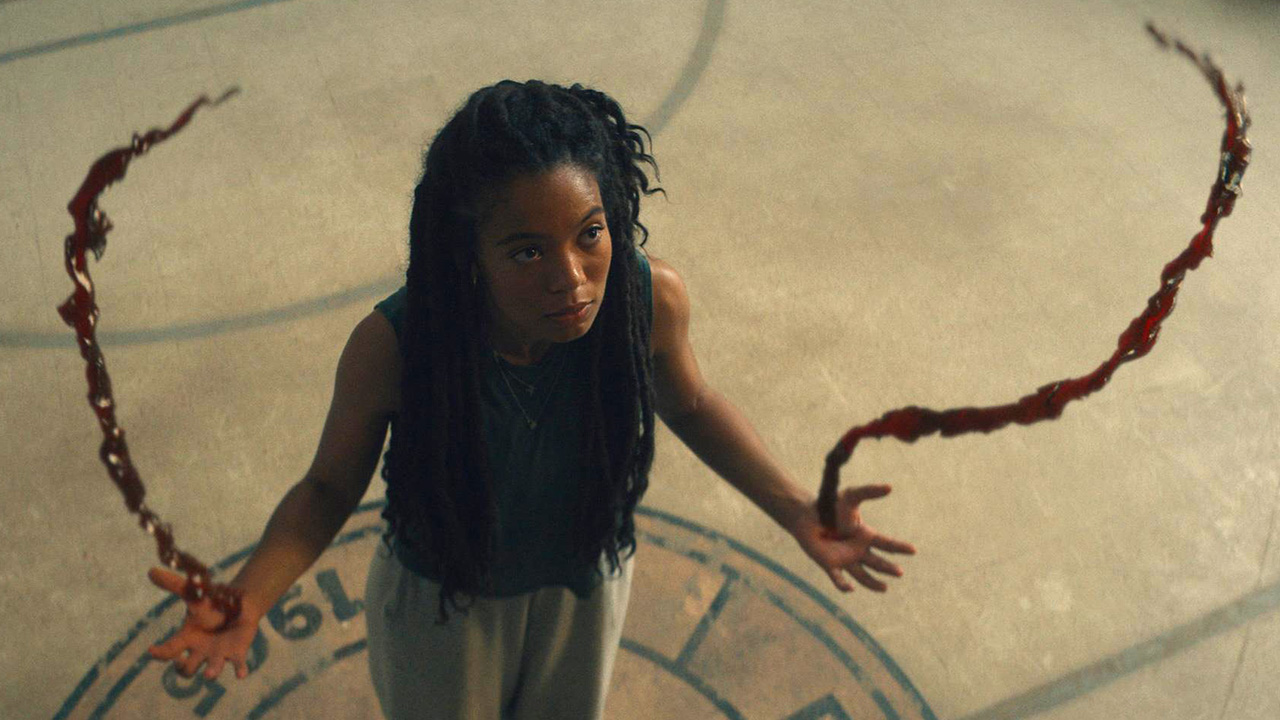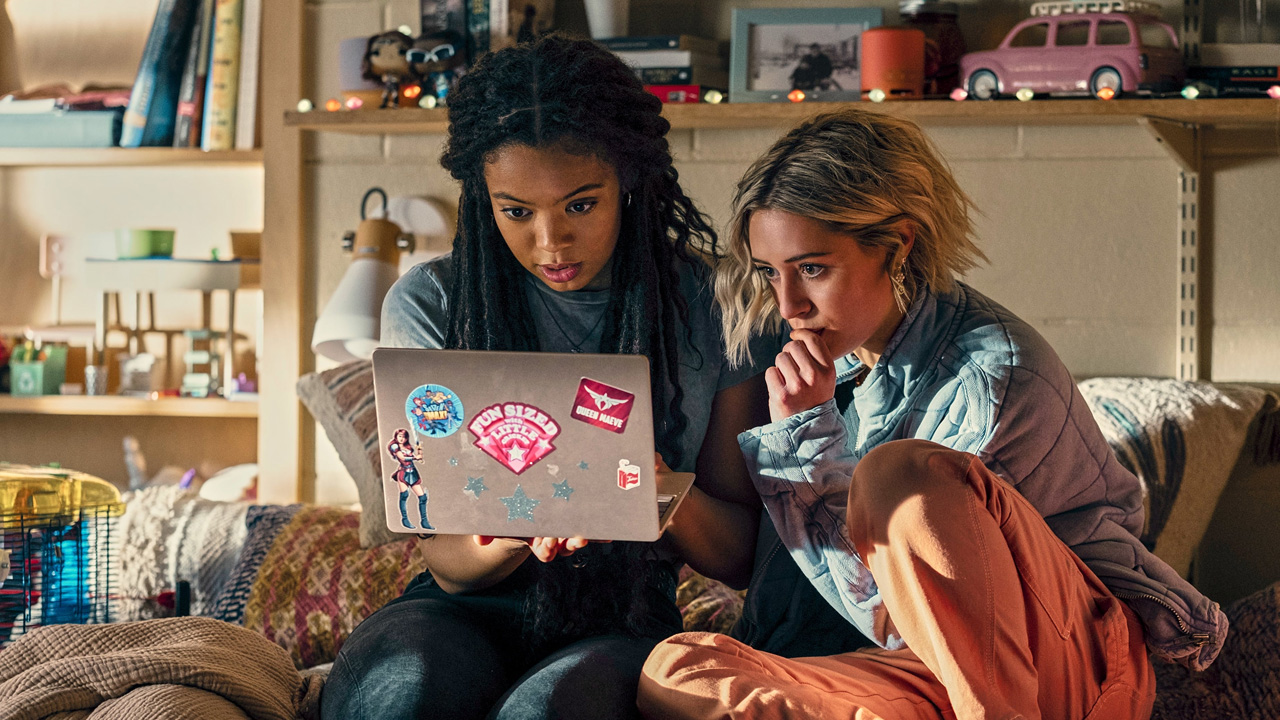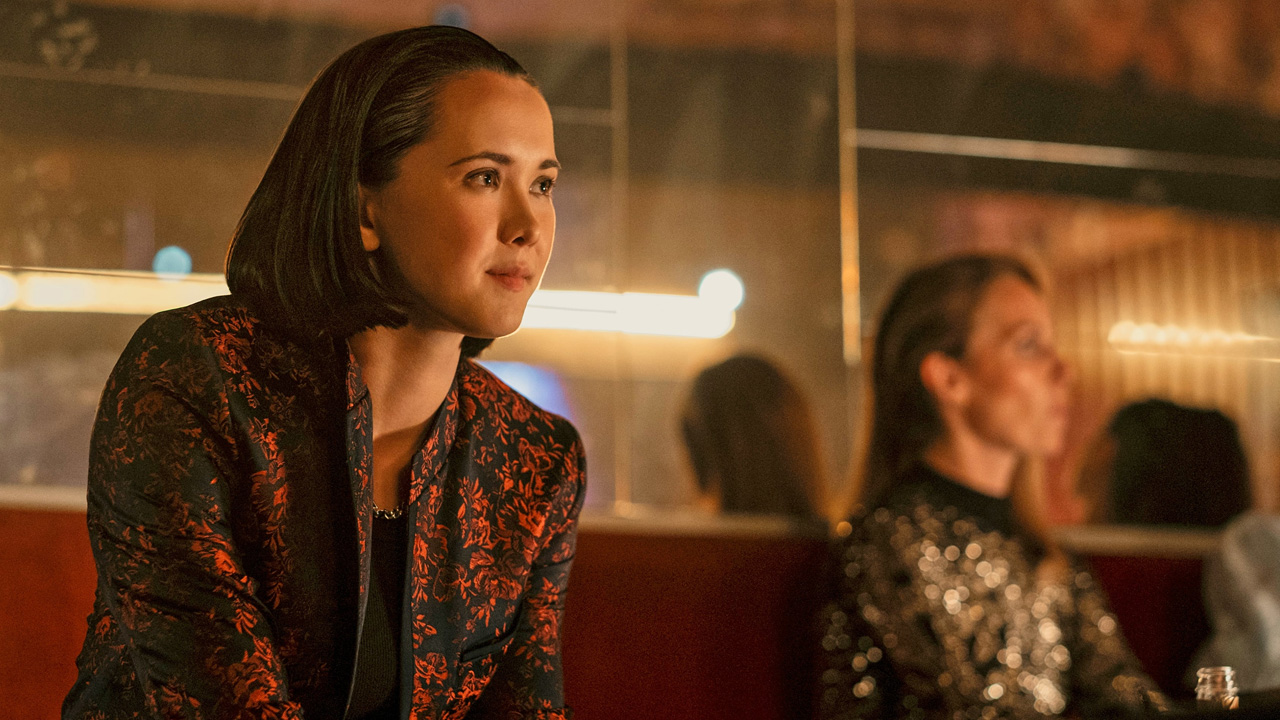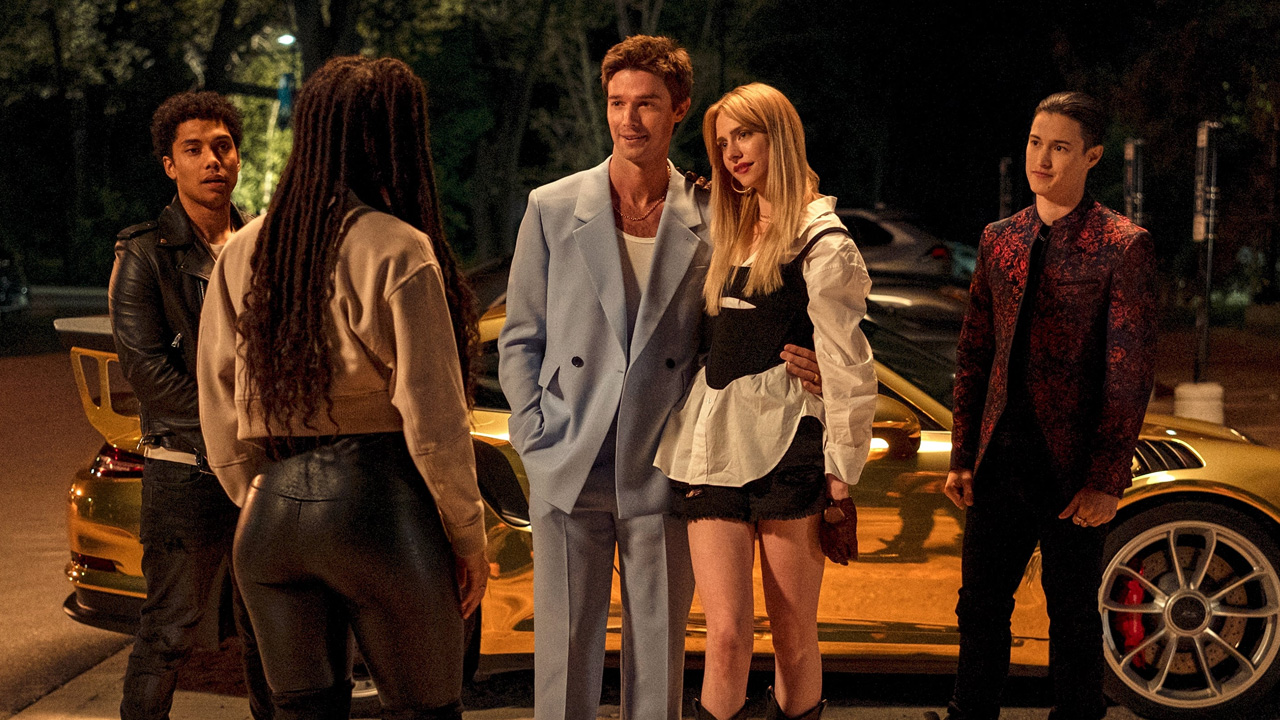Gross, raunchy, smart – Gen V hones in on one of The Boys’ best themes
Gen V goes against the odds to justify its own existence and the expansion of The Boys universe.

The Boys spinoff series Gen V follows young-adult superheroes in one of America’s only colleges for caped hopefuls. Having seen the first three episodes, Liam Maguren praises the new show for doubling down on one of the daddy series’ best themes.
While entertaining, the third season of Prime Video’s hottest series The Boys seemed more interested in drawing out the Butcher vs. Homelander feud than progressing the story or exploring new hot-button issues in its satirical superhero world. Then came Diabolical, the animated anthology spinoff which came and went without much fanfare. This disheartening desire for IP expansion felt like something out of the Marvel-Disney playbook, putting the franchise at risk of becoming the very thing it’s mocking.
Not only does Gen V do away with that idea, but it valiantly finds a thematic focus that currently feels a bit lost within The Boys universe. Rolling with the reveal of Vought mass injecting babies with compound V, this new series smartly—and pessimistically—hones in on the despicable nature of humans treating fellow humans as products to be capitalised on. And while that’s all well and good, Gen V also doesn’t forget to be gross as fuck and raunchy up the wazoo in ways that should have avid fans fist-pumping and/or dry-retching.
Jazz Sinclair (Chilling Adventures of Sabrina) leads the series strongly as Marie Moreau, a humble young woman with a tragic backstory who enters the Vought International college for superheroes with dreams of one day being in The Seven. That all sounds like solid gold hero material if it wasn’t for her unmarketable ability to manipulate blood (haemokinesis?)—a power both deadly and life-saving.
Marie’s looking to rewrite her story. Unfortunately, she’s lived her sheltered teenage years without the world’s biggest storytelling device: a smartphone. New to a tertiary system that rewards number of followers over nobility, seeing the bright-eyed Marie navigate a campus full of screen-addicted superpowered young adults (who are actively encouraged to be egomaniacs) is a bit like seeing a fresh canvas walk into a paintball tournament.
Gen V‘s smart enough to not paint all influencers in broad strokes, however. Despite having a hefty YouTube following, Emma (a superb Lizze Broadway) welcomes her no-subscribers roommate Marie with full warmth and zero judgements. If anything, Marie seems a little too eager for friendship—a behavioural trait that makes more sense when the show digs further into her insecurities and size-changing abilities. Like Marie, Emma’s also looking to rewrite her story, but she constantly finds herself having to contest with others looking to leech off her personal struggles.

Filling out the key cast is a quartet of the college’s top students. Patrick Schwarzenegger seems like a wink-wink bit of casting as nepo baby Golden Boy, but his All American feet fit perfectly into the goody-two-shoes role of the head student gifted with self-combustion powers. His girlfriend Cate, who has actual influencer mind powers, initially seems like the bland mean girls type, and his best mate Andre, gifted with proper telekinesis, seems like a typical curtails-rider.
All that changes in the second episode however when Cate and Andre have to face up to a chain of distressing events started by Golden Boy, with Maddie Phillips (Teenage Bounty Hunters) and Chance Perdomo (Sinclair’s Sabrina co-star) delivering breakout turns in their respective roles as characters caught in a moral tug-of-war between their self-interests and doing what’s right.
The final of the four is perhaps the most interesting to talk about. London Thor (Shameless) and Derek Luh (Shining Vale) both play Jordan Li, a character with unbreakable skin and the ability to change gender. Sometimes, she (Thor) is a girl. Other times, he (Luh) is a boy. It really depends on how Li feels at a given time, with the character explaining this in more detail in episode three. What could have easily been a clunky and potentially offensive attempt to reflect transgender and gender-diverse visibility instead leads to an incisive observation of how bigotry can morph to suit any person the bigot cannot understand (or accept).

We also get treated to more of Colby Minifie being superb as Ashley, the high-strung piece-of-shit PR spinster who has absolutely no problem being that bigot. “A bi-gender Asian with pronoun fuckery,” she spits without hesitation. “Try selling that to Dallas.” She’s one of the few character cameos from The Boys we get to see, with images of the key heroes mostly showing up as the products they sell which, in this capitalist dystopian world, is pretty fitting.
These product placement cameos reflect one of the pertinent ideas powering Gen V: Vought isn’t training heroes, they’re manufacturing products. And they’re not just about selling lunchboxes, they want to compartmentalise their heroes’ personalities and past traumas too, whether that be for an exclusive interview or the spec script for a movie. The show’s central tension doesn’t come from the cartoonish violence—it comes from seeing Marie pushed through the media gauntlet, her humanity contorted by fame and the forces trying to mould her into a focus group-approved image. As she stares down the barrel of a camera, one guy sums up her lose-lose situation: “She’s either going to crash and burn or become the Black Starlight.”

This tension directly relates to arguably the show’s most powerful theme: it isn’t simply a story about powers; it’s about the power of controlling the narrative. The Boys always touted this idea well, swirling it largely around the current state of American politics, but there’s a universality to Gen V‘s approach that feels even riper for satire. Whether it’s the college’s head of staff collaborating on how best to exploit their top pupils or the simple act of not getting permission for a selfie, the show’s at its best when illustrating the pieces of humanity others believe are up for grabs, and the inhumane ways they try to get it.
And it wouldn’t be The Boys if it wasn’t blunt as a thrown brick about it. While such bluntness is fine in most regards (it’s a goofily violent superhero show armed with dick jokes, after all), occasional attempts at risque humour feel forced. Usually, it’s something discardable like the clanger line: “It’s going to be big. Like, post-9/11 big.” But there’s also a troubling moment near the end of episode two that semi-implies one of our “heroes” forced a henchman into a sexually abusive act—a completely unnecessary moment treated as a joke. Not sure how that one will go down when it airs.
Those flaws aside, Gen V goes against the odds to justify its own existence and the expansion of The Boys universe. Heck, if it keeps this momentum up throughout the season, it might just contradict itself as a sterling example of a spinoff that should control the whole narrative of the franchise.






















